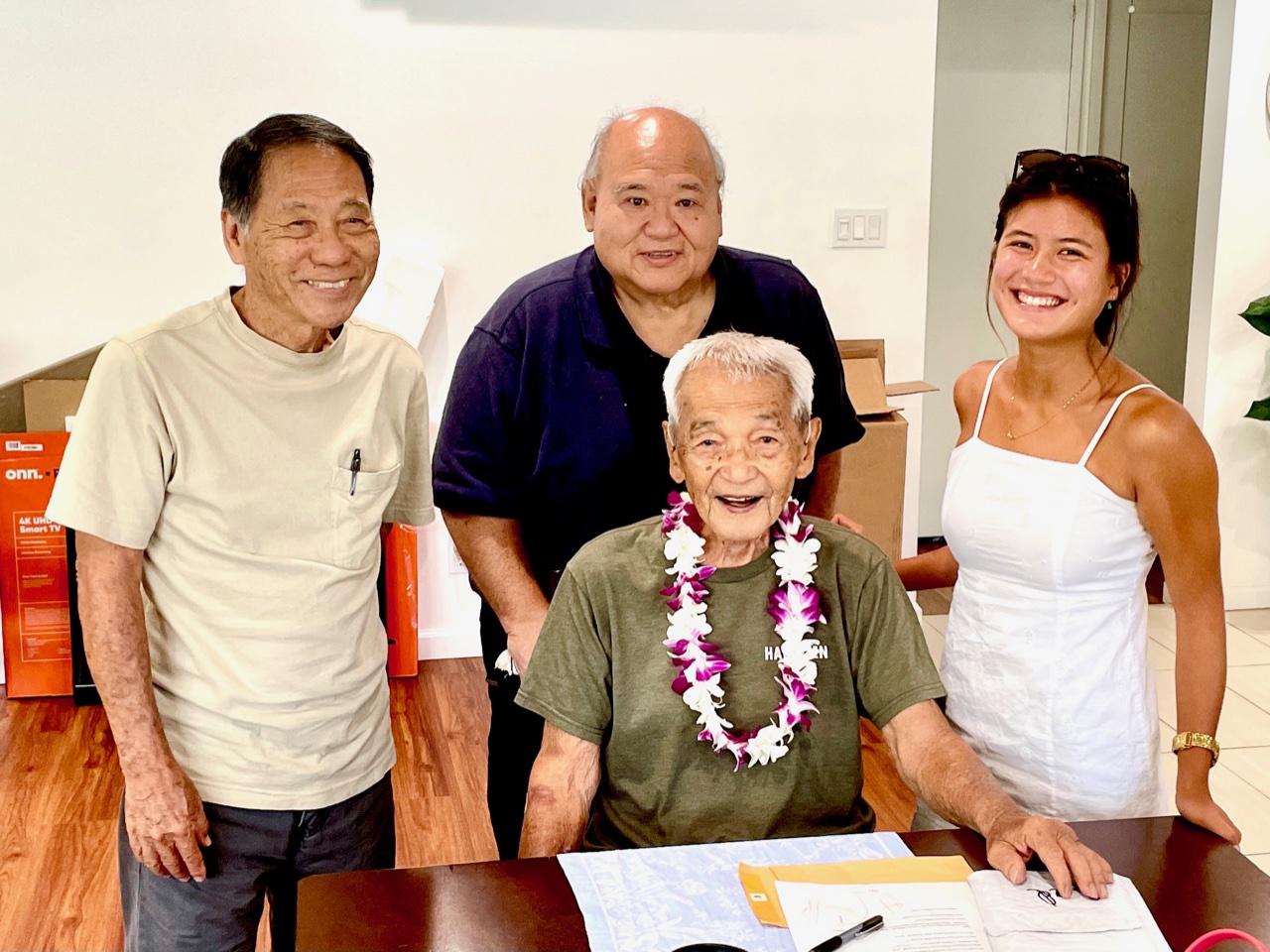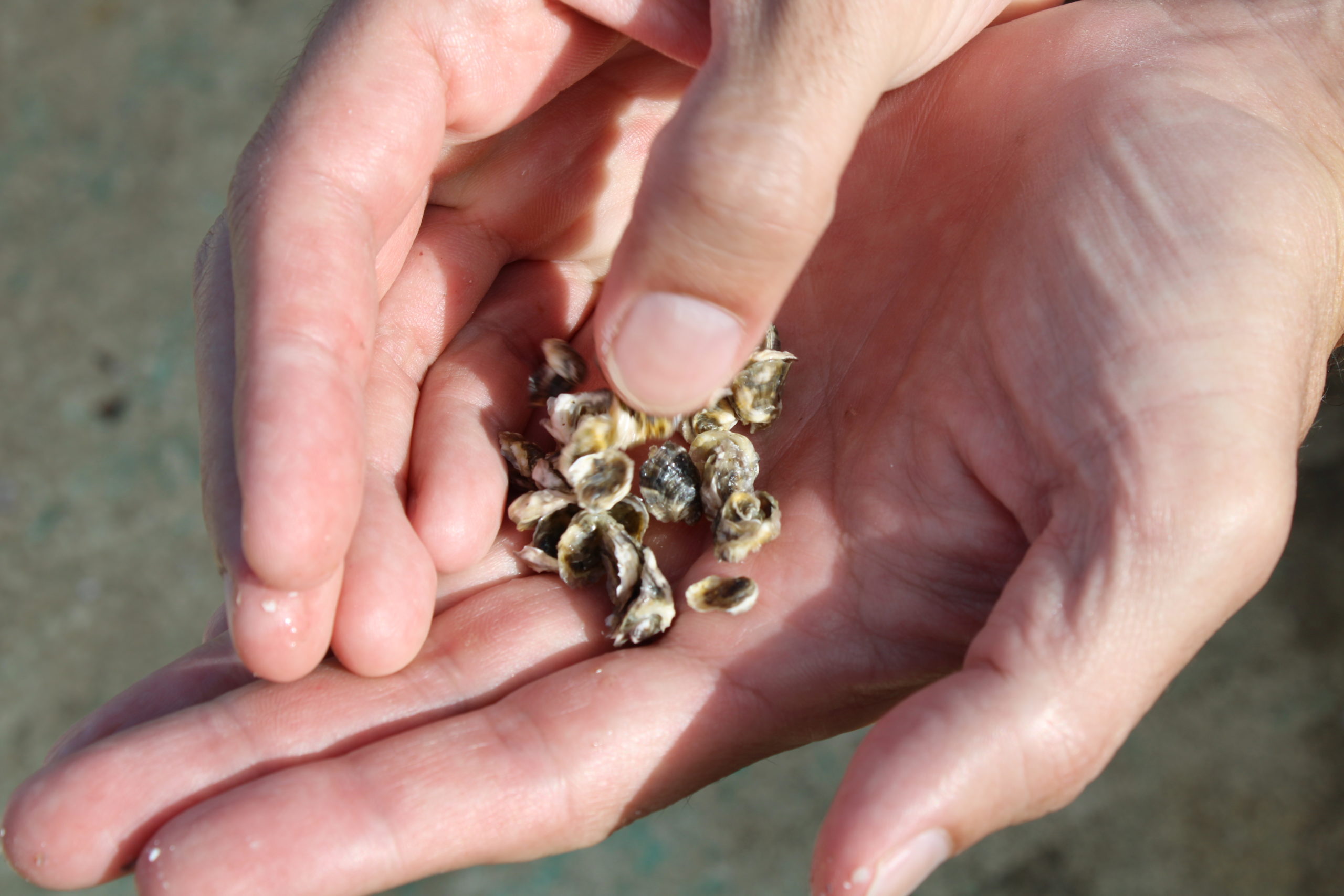24 January 2022
Science Communication Through Writing
Posted by Shane Hanlon
By Grace Cajski
In the summer of 2021—the closing months of my gap year—I researched Hawaiian fishpond aquaculture on Oʻahu. I spoke with more than forty scientists, nonprofit leaders, aquaculturists, conservationists, and fishpond caretakers in interviews and informal get-togethers. I learned about the history of the fishponds, about their restoration, about their efforts to grow fish, and about the problems they’re facing today. My goal was to write stories about the fishponds, because I firmly believe that effective communication is a critical component of science and conservation. Without stories, scientific work isnʻt celebrated, understood, or supported. This fact needs to be embraced by the science community. Otherwise, we’ll always clash with an apathetic public. I did not want this to happen to the fishponds, whose stories and work are fascinating, inspiring, and important. So, in the months after the on-site research, my writing about fishponds has been featured in five publications. That work has taught me a great deal about science communication.
Firstly, as I planned the project, I made an effort to follow up on every lead and take every opportunity to hear another perspective or story. This ensured I developed a broad understanding of the ponds through a variety of lenses, experiences, and disciplines. Secondly, with each interviewee’s consent, I recorded all the formal interviews I conducted. This allowed me to focus completely on the discussion, instead of attempting to simultaneously transcribe every word. I only jotted something in my project notebook every couple of minutes: that scribble was just a reference to the time, so that I could later listen to the recording for the exact quote. Lastly, for informal get-togethers—lunches, community workdays, tours—I wrote a summary of events and key quotes in my notebook immediately after, to make sure I wouldn’t forget a thing. Always, I took hasty photos with my phone camera to supplement my poor memory. All of these systems served me well, especially when I had to write about the experiences months after it had happened. As my career progresses, I hope to continue writing about science, and learning more about the process.
–Grace Linh Cajski is a student at Yale College studying English and Environmental Studies. Find her at [email protected].




 The Plainspoken Scientist is the science communication blog of AGU’s Sharing Science program. With this blog, we wish to showcase creative and effective science communication via multiple mediums and modes.
The Plainspoken Scientist is the science communication blog of AGU’s Sharing Science program. With this blog, we wish to showcase creative and effective science communication via multiple mediums and modes.